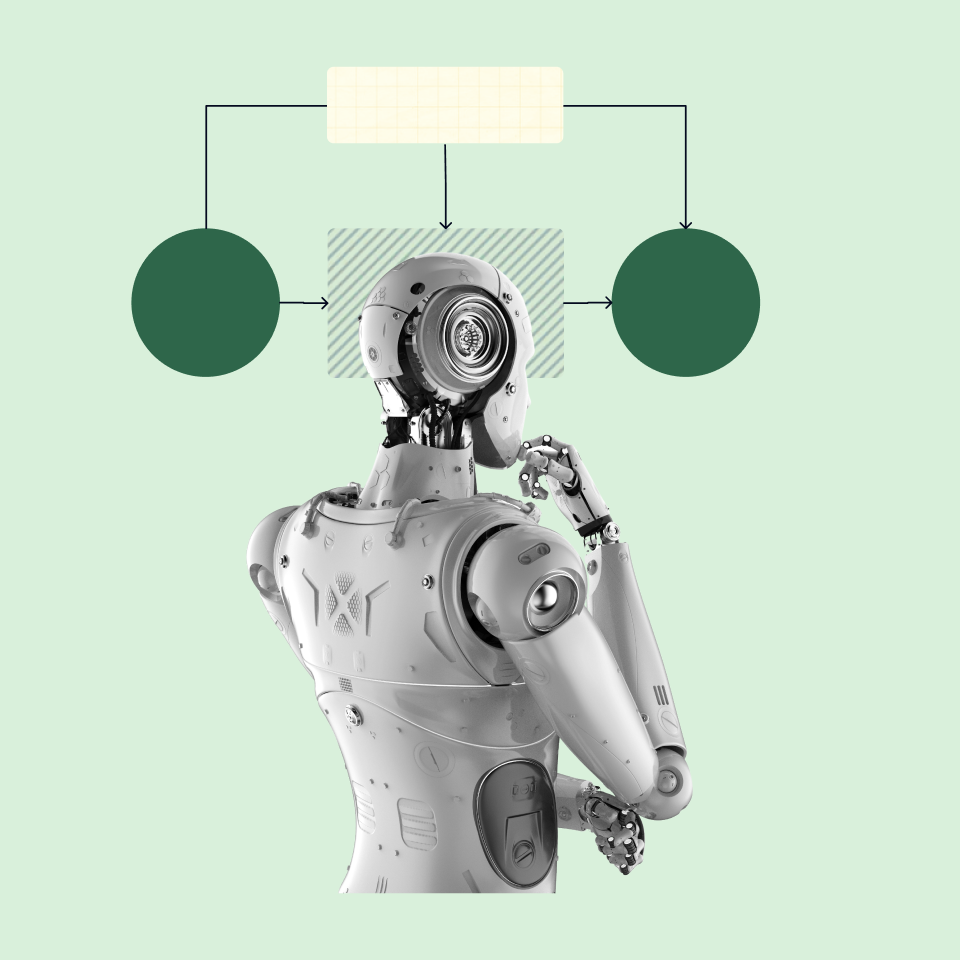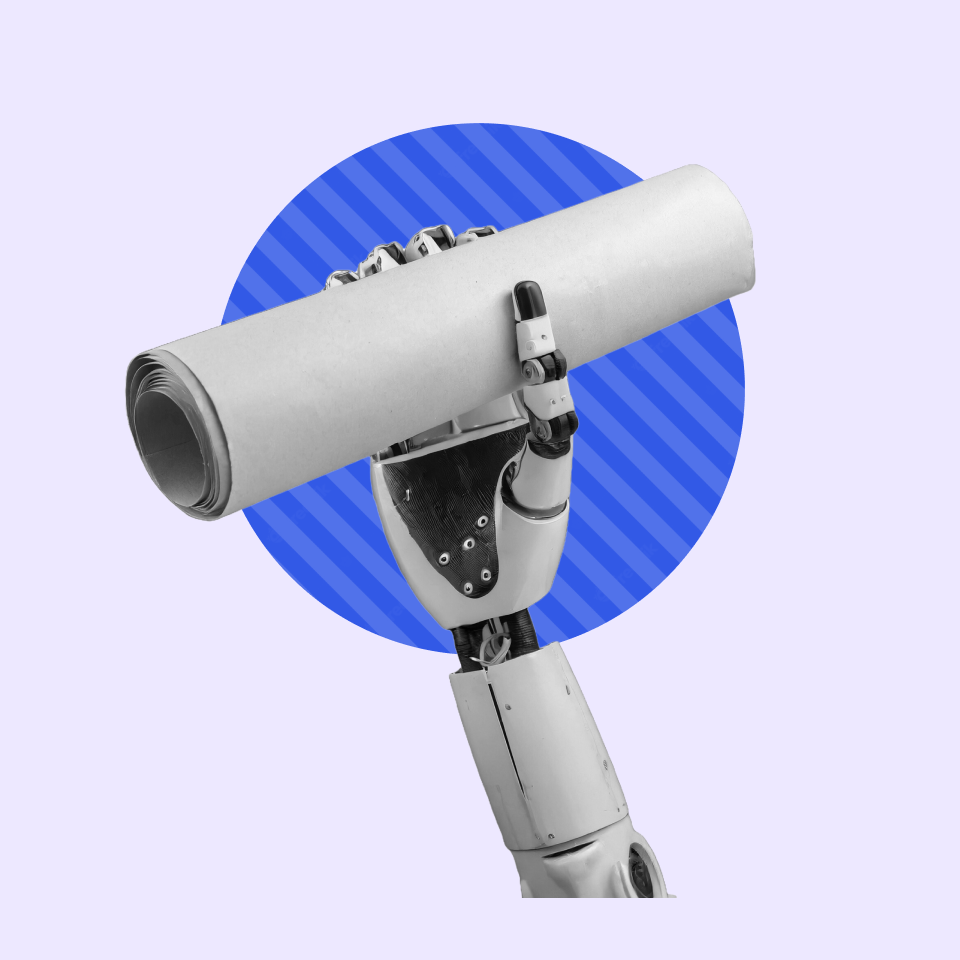Clause libraries have been an important part of the legal team’s tech stack for several years now.
Like a contract repository, the clause library allows you to store pre-defined and agreed-upon clauses (approved by legal) and then use them to fuel contract creation without having to start from scratch.
But, thanks to artificial intelligence (AI), modern clause libraries can be even more effective, driving speed and efficiency in the contract authoring process.
An AI-powered clause library is more than just a static repository. It helps you draft new clauses or amendments based on existing ones, tailoring contracts to the situation rather than simply copy-pasting clauses over.
In this guide, we’re going to explore all things clause library, paying special attention to the use of modern AI examples.
Here’s what we’ll cover:
- What is a clause library?
- What tools can make a clause library functional?
- How does AI power affect a clause library?
- What are the benefits of using an AI-powered library?
- Frequently asked questions
What is a clause library?
A clause library is a repository filled with all of your standardized contract clauses—i.e., those that have already been approved by legal and are in use in existing agreements.
The idea is that whenever you begin to draft a contract, you don’t need to start entirely from scratch.
Some of your most common clauses (such as a non-compete clause in an employment agreement) can be exactly the same across all agreements, helping you create standardized contracts.
Also read: How to Standardize a Contract in 7 Easy Steps: Contract Standardization Guide
In this case, you can simply select the right clause from the clause library and move forward. This, as you’re probably guessing, affords powerful benefits to legal teams. Two big ones, in fact.
#1 Save time on contract drafting
Having a library of pre-approved clauses in place makes the contract authoring process much faster.
For example, you might begin with a standardized contract template.
Then, using your clause library, you could swap out a standardized clause for contract language that is more appropriate to the situation or add a clause that didn’t already exist in the template.
This all takes place without having to actually write something up (which makes the process faster). It also minimizes the need for legal department intervention in the contract creation process, such as in the case of building a sales agreement.
Also read: Everything You Need To Know About Contract Authoring
#2 Stay compliant and reduce risk
A clause library helps organizations maintain compliance with internal policies (not to mention legislation) by ensuring the agreements it uses with third parties contain the correct language.
Plus, since there are fewer human hands involved in the contract-building process, you’re less susceptible to human error which reduces your overall risk in forming contractual agreements.
“It’s difficult to be part of any business and not hear about ‘risk.’ It’s everywhere. Risk is the new black. It’s on the lips of every CEO, CFO, and board member, as it should be. And, anything that is important to the board and the C-Suite, is important to the legal department.”
~ Sterling Miller, CEO and Senior Counsel, Hilgers Graben PLLC
Ten Things: Spotting, Analyzing And Managing “Risk”
What sort of tools can make a clause library functional?
So, what tools does one use to create a clause library?
Depending on the level of sophistication you require, there are three main tools that businesses can use to form clause libraries.
#1 Home-made library
The simplest solution is to create a centralized repository using off-the-shelf software like Microsoft Office or Google Drive.
For example, you could create an Excel spreadsheet with separate tabs for each type of clause.
Of course, this isn’t the safest way to organize your intellectual property, nor is it the fastest or most specific way to locate specific clauses when you need to actually draft a contract.
#2 Out-of-the-box tool
Then, you’ve got specialized software solutions designed specifically to act as clause libraries.
These generally offer more sophisticated features than a basic text repository, such as advanced search functionality and the ability to limit access to certain parties.
However, in order to use a clause library as part of your contracting process, you’ll need to integrate the library with whatever contract authoring program you’re using.
In some cases, this is easy to set up with a native integration between the two. In others, you’ll need to get your developers involved to create a custom connection.
#3 Contract lifecycle management platform
At the most comprehensive end of the scale is the CLM solution.
Contract management software (like SpotDraft) bridges the gap between a solitary clause library and the rest of the contract lifecycle.
For example, when a CLM tool has AI-powered contract drafting and is integrated with your CRM, it can use your clause library and contextual information about the client and deal at hand to draft a sales agreement.
Plus, you’ll benefit from advanced features like automation (such as automated approvals processes) to help further streamline contract management.
Also read: 8 Top Contract Management Software Platforms
How does AI power affect a clause library?
“I’ve been in Silicon Valley over the last 25 years, watching it go from consumer electronics and hardware companies to software-as-a-service and now ChatGPT and artificial intelligence. It’s been pretty exciting seeing where things are going and just being part of the history of Silicon Valley.”
~ Doug Luftman, ex-DGC, DocuSign
The Key to Success as an In-House Legal Counsel & Leader
Artificial intelligence takes the clause library to another level, enabling faster and more accurate contract creation using pre-defined and approved clauses.
Where a manual approach to using clause libraries requires you to select specific clauses and import (or copy and paste) them into the right spot in the contract you’re drafting, AI can determine the most appropriate clauses using the data it has access to.
For example, you might have two different forms of credit check requirements for subscription clients, depending on the monthly billing amount.
By pulling data from your CRM about the deal in question, your AI engine can automatically determine the most appropriate credit check clause.
If your clause library or CLM tool has generative AI capabilities (think ChatGPT), it can even help you draft entirely new clauses or fill in the blanks between pre-approved ones, authoring an entire contract from scratch.
Also read: How Contract AI Can Revolutionize Your Workflows
What are the benefits of using an AI-powered library?
Being a fairly new technological advancement, artificial intelligence is still making its way into legal software platforms.
However, some solutions such as SpotDraft have already integrated AI into their clause libraries and contract drafting capabilities.
Here’s how they help transform clause management.
#1 Faster, smarter contract generation
AI makes the contract generation process a whole lot quicker.
Your clause library already provides pre-approved language. Artificial intelligence can identify the most appropriate clauses for the given agreement (like selecting an appropriate employment termination clause based on the role type).
Then, generative AI can draft clauses that don’t already exist, allowing you to draft an entire agreement in seconds (for later legal approval).
Also read: The Future of Legal Documents: What’s an AI Contract Generator?
#2 Fewer human errors
Let’s face it: Humans make mistakes.
And some of those mistakes can be costly, especially in the context of clause errors in employment or investment agreements.
Under the right circumstances and with the right training (more on that shortly), AI can make fewer, less costly mistakes. Plus, AI contract drafting solutions often have review capabilities built-in, allowing them to quickly scan a proposed agreement and spot compliance issues or potential risks.
#3 AI learns from your feedback
One of the most powerful aspects of artificial intelligence is its ability to learn.
That’s not to say that humans don’t have the ability to learn from feedback (we clearly do), but we also have a knowledge retention issue: We don’t actually retain and implement everything we “learn.”
But AI is different.
Conversational AI learns from your direct feedback and guidance, such as when it drafts a clause and you report it as non-compliant.
It also has the ability to learn from non-explicit feedback. For instance, changes you make to existing language in the clause library or contract repository can be used to inform future generative AI tasks.
#4 Support for contract reviews and analysis
Finally, artificial intelligence can support more than just the contract drafting process. It can also help you review and analyze contracts that are provided by your suppliers.
Say, for example, that your company is looking at implementing a new marketing automation software platform, and the supplier has just sent over a commercial contract to review. If your contract lifecycle management platform has AI contract review functionality built in, it can accomplish the following:
- Scan and analyze the agreement
- Highlight clauses that don’t comply with your own policies
- Suggest alternative wording (using your clause library)
Also read: The Pefect Contract Review Checklist for Commercial Contracts
Frequently asked questions
#1 What is a contract clause library?
A clause library is a digital repository where businesses store the various phrases and provisions they typically include in standard contracts (like a confidentiality clause).
The repository can be a Word document or spreadsheet, a dedicated clause library software solution, or, more commonly, part of a contract lifecycle management platform.
#2 What does a clause mean in a legal document?
A clause is a specific provision or point made in a legal document, such as a contract. The clause may be an article, a section, or a standalone paragraph addressing any topic related to the document containing it.
The intention of a contractual clause is to clarify the terms of an agreement that could otherwise be confused, misunderstood, misinterpreted, or disagreed upon.
Also read: 5 Most Negotiated Terms and Clauses in a Contract
#3 What kinds of clauses are found in a clause library?
- Non-disclosure agreement (NDA)
- Non-compete clause
- Severability clause
- Force majeure clause
- Arbitration clause
- Sunset clause
- Indemnity clause
- Escalation clause
- Exemption clause
- Confidentiality clause
- Warranty clause
- Breach of contract clause
- Penalty clause
- Exclusion clause
Also read: 6 essential types of contract clauses you need to know
Going beyond clause libraries with SpotDraft
The clause library is an integral component of the legal tech stack.
But while there are a number of routes you can take to build a clause library, if they aren’t leveraging artificial intelligence, you’ll still be missing out on many efficiencies and making unavoidable human errors.
Take the leap into 2023 and beyond with SpotDraft, the AI-powered contract drafting, review, and management solution.
Schedule a demo with our team to see SpotDraft in action.

.avif)
.avif)






